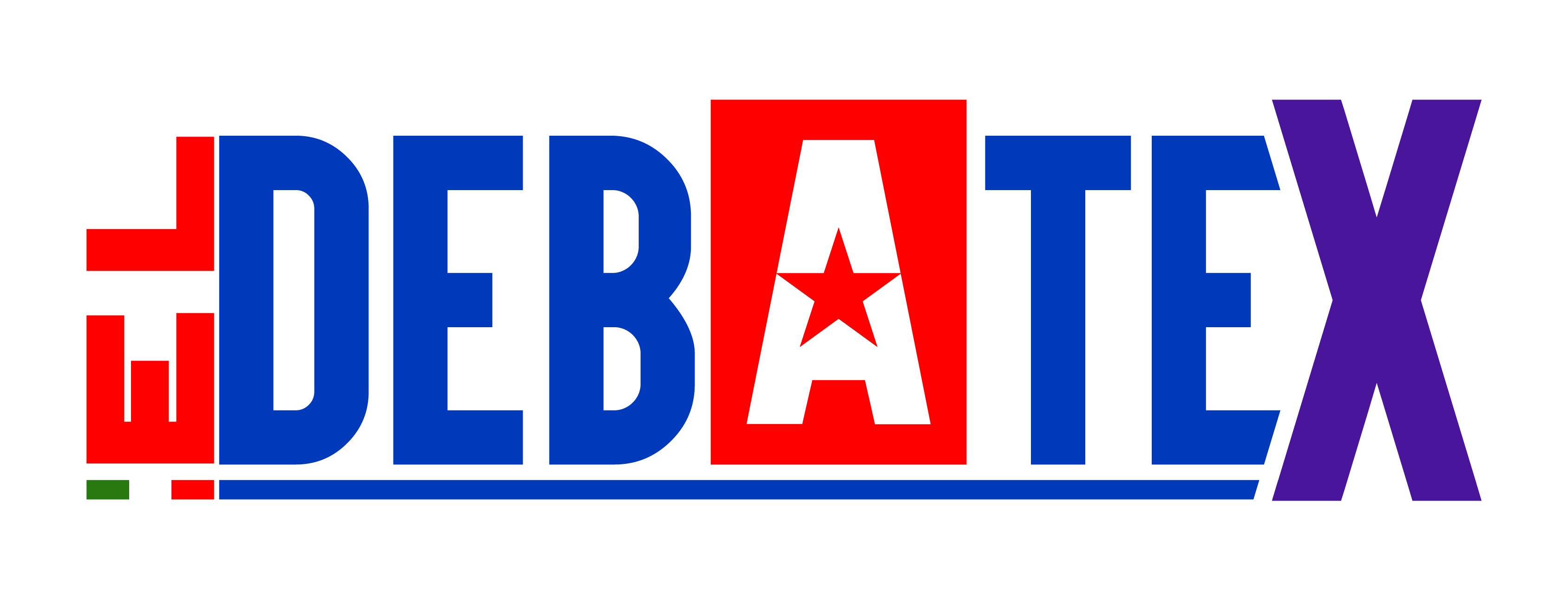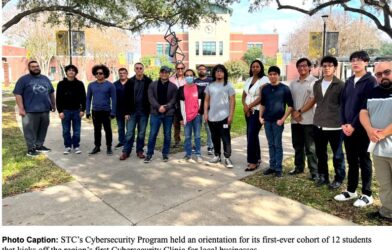IN SUMMARY
Universities, Trump, and the Price of Surrendering Academic Autonomy
by Alfredo Cuéllar
For centuries, universities have been far more than centers of instruction. They have been guardians of free thought, beacons of justice, equity, knowledge, scientific reason, and moral critique. From Baghdad to Athens, from Oxford to Harvard, from Salamanca to Princeton, universities have served as engines of human progress, individual dignity, and social commitment. It is no coincidence that they are among the oldest institutions on the planet.
But today, in the United States of 2025, that legacy is under attack. And most alarming of all: some of the nation’s most prestigious universities have begun to surrender.
Surrendering to Power: The New Moral Dilemma
Columbia, Brown, and the University of Pennsylvania have already signed agreements with the Trump administration to avoid multimillion-dollar sanctions. Columbia agreed to pay over $220 million, hand over confidential applicant data (race, grades, test scores), and adopt new ideological definitions of antisemitism—definitions that equate all criticism of Israel with antisemitism—to restore previously frozen funding. Brown did the same for $50 million. The University of Pennsylvania caved to recover nearly $175 million. All acted to unlock federal funds targeted by politically motivated investigations, baseless accusations, and pressure from the White House.
And Harvard? It still resists. With more than $2.3 billion at stake, Harvard has chosen litigation—alongside New York’s Cornell, the prestigious Northwestern, the legendary Princeton, and the University of California system, a model for public universities. The fight is unequal, but it is honorable.
What Is the Price of Centuries of Prestige?
The universities that have yielded argue pragmatism. That survival is at stake. That cuts affect researchers, vulnerable students, and entire families. That’s true. But so is this: the prestige earned over centuries cannot be sold for the price of a temporary political negotiation.
To surrender is to validate unfounded accusations. To surrender is to sacrifice academic autonomy. To surrender is to set a dangerous precedent: that knowledge bows to power, and that critical thought has a price—if the pressure is strong enough. To surrender means everything can be bought.
Who will evaluate today’s decisions in the future? What legacy will the universities that traded principles for convenience leave behind? How will they be judged—by their students, by history, by the world?
The University as a Democratic Refuge
The world is watching. Amid the extermination of the Palestinian people, amid quiet, painful wars like Russia’s invasion of Ukraine, amid the rise of authoritarianism and global disinformation, universities should have been moral sanctuaries. A counterweight. A cry of alarm. But if they give in—who remains?
When a state demands ideological loyalty, censors dissent, and weaponizes funding to punish those who think differently, universities must not negotiate—they must resist. Not because they are perfect, but because they are imperfectly necessary.
The Trumpist Model as a Civilizational Threat
Trump’s style—authoritarian, anti-democratic, hostile to diversity, an enemy of environmentalism, and contemptuous of truth—has infiltrated the very institutions once entrusted with defending democracy. It demands blind loyalty, crushes opposition, and punishes independent thought. It’s not just Trump—the Republicans who support him are complicit, awaiting the judgment of voters and of history. The Trumpist model threatens not only politics, but the soul of the institutions that sustain democratic life.
In that context, each university concession is not merely an administrative decision: it is a cultural surrender.
What if Trump Falls?
What happens when Trump and his allies leave office? How much longer will they dominate? Was it worth mortgaging the university’s soul for a few years of funding?
The institutions that resist—Harvard, Cornell, Northwestern, Princeton, UCLA—may lose money now but gain moral authority. Their example inspires. Their courage restores faith. What they are doing is not heroism—it is coherence.
The Limits of Micropolitics
Donald Trump presents himself as a cunning strategist, a supposed master of manipulation, spectacle, and narrative control. And it’s true: he dominates certain forms of power. But he confuses cleverness with wisdom.
From the perspective of Micropolitics—which is not cynicism, but a conscious awareness of everyday power—Trump embodies its corruption: strategy without ethics, calculation without conscience, victory as the only value.
Micropolitics is not the art of deception, but of understanding how power operates—to influence, mobilize, negotiate, and resist. And along that path, it too has limits without a moral compass, it becomes abuse. Dignity, justice, and respect for others are not optional—they are what separate the strategist from the despot.
Conclusion
This is not just a budget conflict. It is a conflict of values. Of identity. Of future. Prestige is not measured in dollars. It is measured in centuries of integrity.
Universities do not merely educate. They represent. They are the mirror of what a nation believes it deserves to be. Today, more than ever, we must support those who resist. Because if the university yields—what is left?
When a university surrenders, it’s not just a classroom that is lost: it is the moral compass of a nation.
Dr. Alfredo Cuéllar is the father of Micropolitics, an international consultant, and retired professor from California State University, Fresno. He has taught at dozens of universities, including Harvard. His articles focus on migration, politics, sociology, culture, and current affairs.Comments and correspondence: alfredocuellar@me.com













